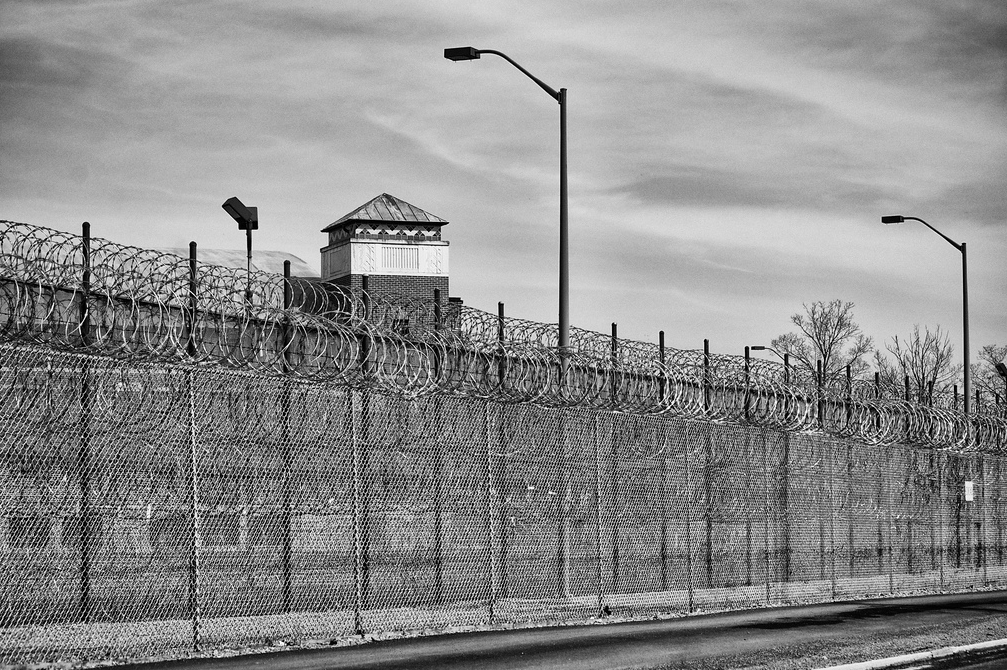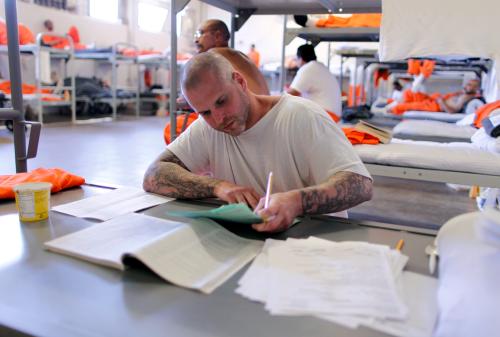Editor’s Note: This paper originally appeared on The Hamilton Project website.
In the two decades following 1980, the United States incarceration rate more than tripled. State officials carrying out stricter criminal justice measures faced increasingly crowded facilities and some turned to private companies to build or run their prisons. Recently, private prisons have become the focus of considerable attention as scandals resulted in major prison closings (e.g., Walnut Grove in Mississippi) and the Bureau of Prisons decided in September to phase out federal use of private prisons. This economic analysis explores the growth of private prisons and provides an economic framework for evaluating them.
The correctional system aims to protect the public by deterring crime and removing and rehabilitating those who commit it. Traditionally, the government has funded and operated correctional facilities, but some states and the federal government have chosen to contract with private companies, potentially saving money or increasing quality. There are several avenues through which private companies could in principle save costs relative to the public sector, including through operational innovations. Whether they do so in practice is a difficult question to test directly, however. Private prisons are unique in that, by contract, the types of prisoners that they are willing to accept are limited. This leads to challenges when trying to determine their effectiveness: prisons that do not accept unhealthy inmates or those serving sentences for violent offenses should not be directly compared to those that do because of the differences in costs required to serve different prison populations.
In addition, there may be differences in the effectiveness of public and private systems in promoting rehabilitation and minimizing recidivism. These differences may arise due to the incentives provided in private prison contracts, which pay on the basis of the number of beds utilized and typically contain no incentives to produce desirable outcomes such as low recidivism rates. The 2016 Nobel prize-winner in Economics, Oliver Hart, and coauthors explained that prison contracts tend to induce the wrong incentives by focusing on specific tasks such as accreditation requirements and hours of staff training rather than outcomes, and noted the failure of most contracts to address excessive use of force and quality of personnel in particular.











